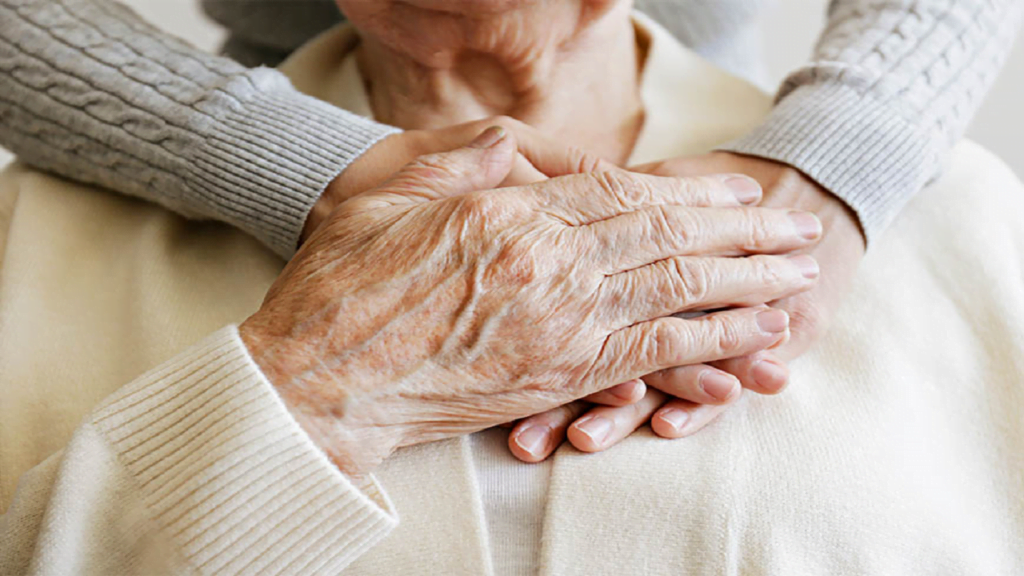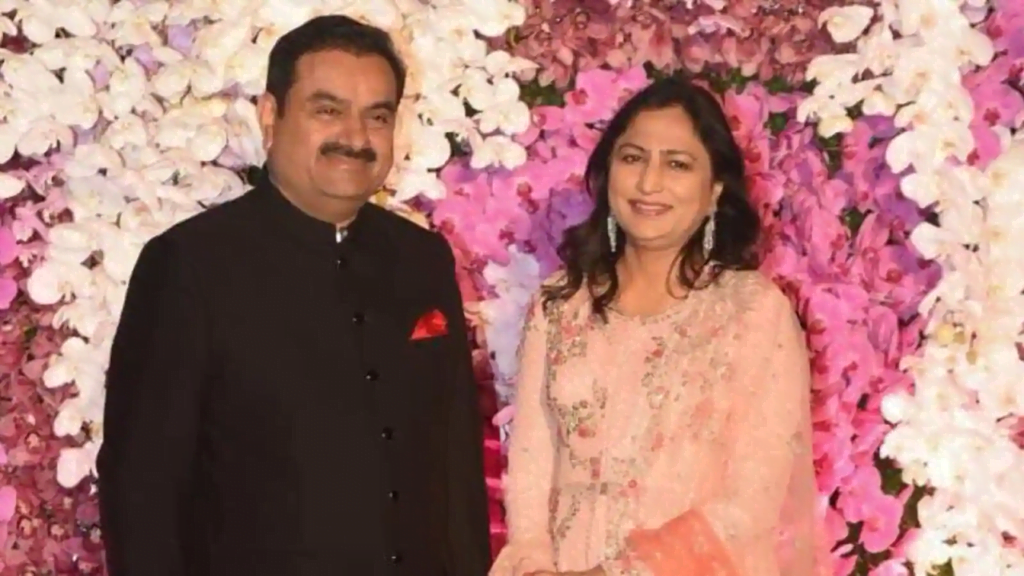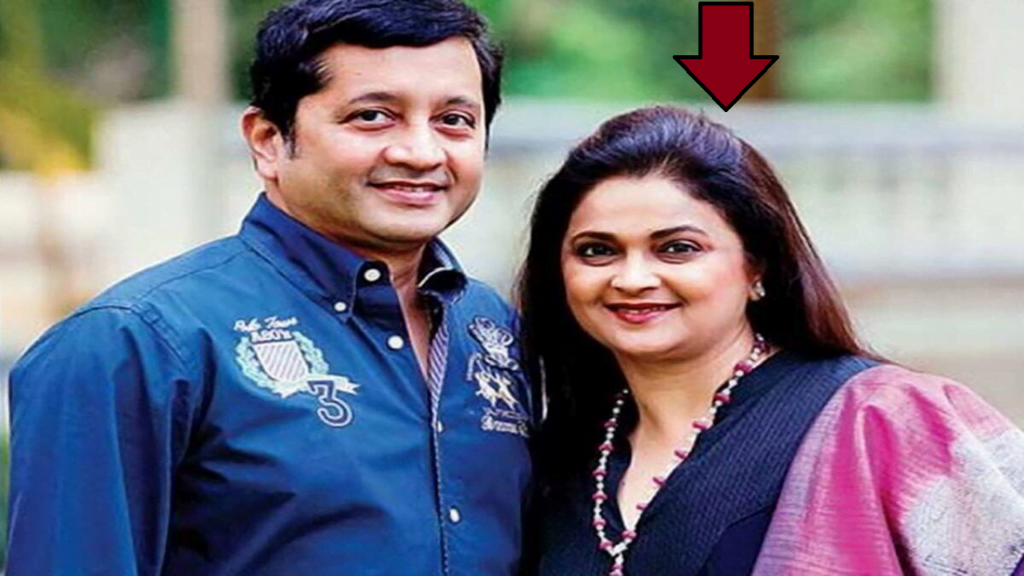Raksha Bandhan
Raksha Bandhan means many people are commemorating the relationship between siblings by tying rakhis and making vows.
It’s crucial to avoid carrying out these traditions at specific times of day, even on this most auspicious of days. Raksha Bandhan celebrations and other auspicious activities are not recommended during this time of day, which is known as bhadra kaal.

It’s crucial to avoid carrying out these traditions at specific times of the day, even on this most auspicious of days. Raksha Bandhan celebrations and other auspicious activities are not recommended during this time of day, which is known as bhadra kaal.
Since it is thought to be an unlucky time that will bring negativity and bad luck, Rakhi is not tied during Bhadra. In the lunar calendar, Bhadra is a particular window of time that is linked to negative energies and is not recommended for starting any significant or auspicious endeavors. Rakhi should not be tied during Bhadra Kaal in order to preserve the purity and beneficial effects of the Raksha Bandhan ceremony.

This year, on August 9, 2025, we will observe Raksha Bandhan, a holiday that honors the relationship between brothers and sisters. In the Hindu calendar, the festival is celebrated on the day of the full moon during the month of Shravana, which typically occurs in August. Families celebrate this day with customs and get-togethers that emphasize sibling love and protection throughout India and other nations with Hindu populations.
“Aparahna, which is late afternoon according to the Hindu division of the day, is the finest time to tie Rakhi on Raksha Bandhan,” says Drik Panchang. Raksha Bandhan ceremonies can also be performed during Pradosh time if Aparahna period is unavailable.
Way For Tying Rakhi
- The brother should be seated in a hallowed area and dressed in clean attire.
- Make a Rakhi thali with the Rakhi, akshat (rice), roli (vermilion), and a lamp (diya).
- On the brother’s forehead, apply a tilak.
- On his right wrist, fasten the Rakhi.
- Give him candy and offer up prayers for his long life and success.
- Siblings trade blessings and presents.

Tradition of Raksha Bandhan
Sisters perform aarti, apply tilak to their brothers’ foreheads, and tie a holy thread known as Rakhi around their brothers’ wrists on Raksha Bandhan. They also pray for the health and longevity of their brothers. In exchange, brothers swear to protect their sisters and provide them presents.
The core ceremony is the same, even though regional customs may differ. For example, Raksha Bandhan is celebrated in Nepal as Janai Purnima, when sisters tie Rakhi to their brothers and men change their holy threads.





